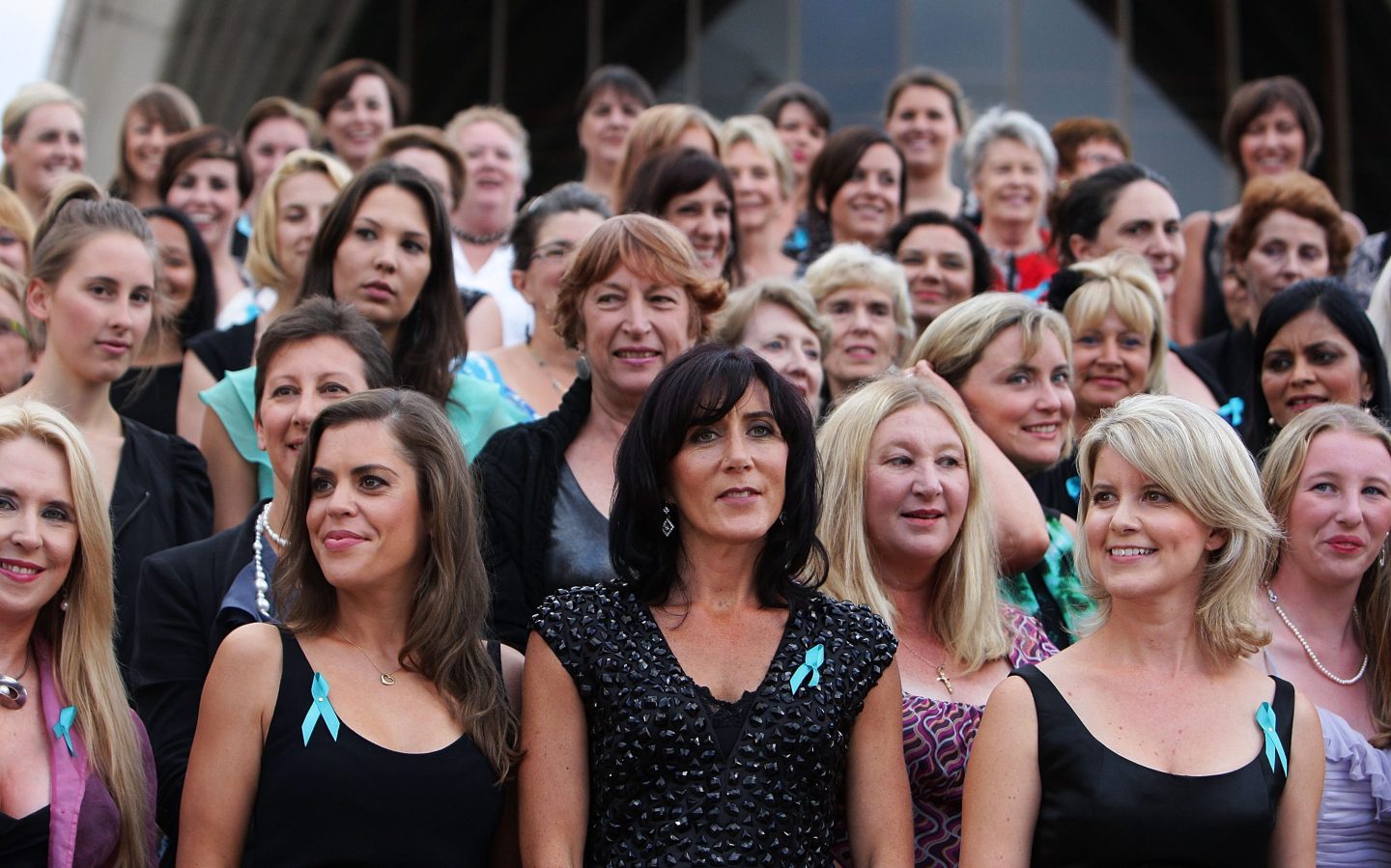Australia’s first bioincubator, Jumar, opened its doors 10 months ago. Here are six standout startups that went through its inaugural program.
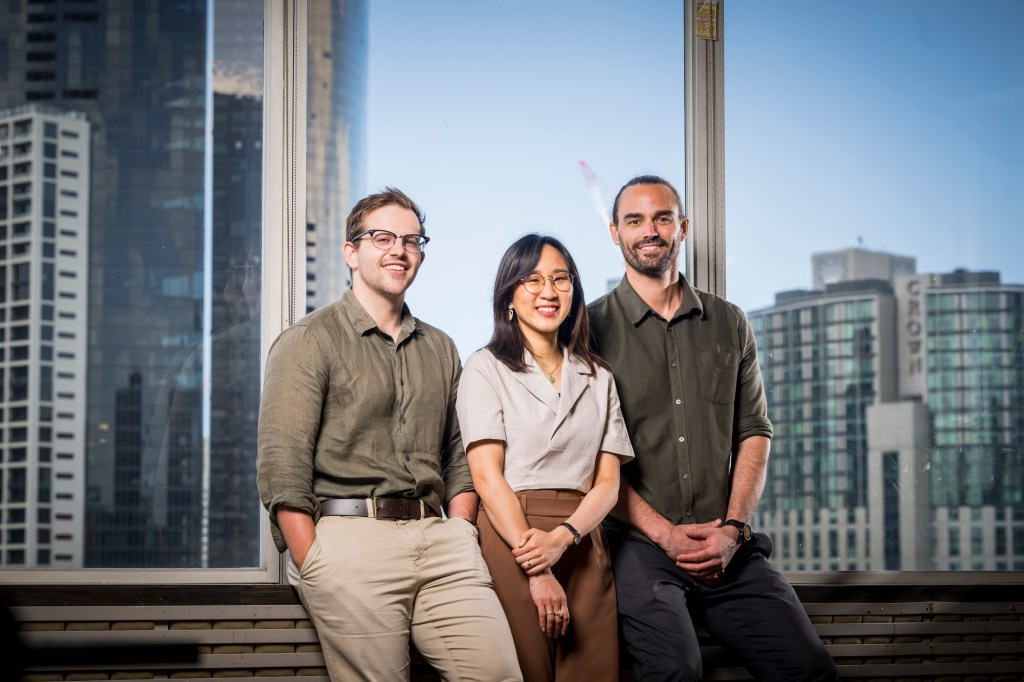
In climbing parlance, a ‘jumar’ is a device applied to a rope that helps hoist a climber upwards.
In Melbourne, ‘Jumar’ is a biotech incubator working to transform Australia’s world-leading research into world-leading healthcare solutions.
The nation’s first ‘bioincubator’ was founded by Australia’s own $124 billion CSL, in conjunction with the University of Melbourne and WEHI. Jumar is run by pioneer deep tech incubator, Cicada Innovations, and was initially funded by Breakthrough Victoria.
It aims to elevate an entire sector – healthcare – and build the next CSL.
“Deep collaboration between academics, research institutes, industry, investors, government, and innovation ecosystem partners is key to increasing our impact from research on a global scale,” says Ken Jefford, the University of Melbourne’s managing director of research, innovation and commercialisation.
Jumar is located within CSL’s headquarters in Melbourne’s biomedical precinct It houses 30 startups and 190 community members in bioinformatics, pharmaceuticals, diagnostics and health-related AI.

One notable company to come through Jumar is Tessara Therapeutics, which was awarded a $3 million CRC-P grant in December.
“This grant is a testament to the power of collaboration,” says Sally-Ann Williams, the CEO of Cicada Innovations. “By providing non-dilutive funding, it empowers researchers to address pressing public health issues and deliver better patient outcomes.”
The following information was provided by Jumar:
Tessara Therapeutics
Description: Mini brains in test tubes
- Problem: There are 3+ billion people globally living with some form of neurological condition, over 55 million people globally living with dementia, and Alzheimers is the leading cause of death in Australia for women. Yet, traditional animal testing on neurological drugs has a staggering 95% failure rate in human trials, making it unable to predict the drugs safety and efficacy accurately.
- Solution: Tessara has developed a breakthrough 3D human brain model that is just 0.1 to 0.2 millimetres big: the “RealBrain” technology allows us to create tiny versions of human brains (or “mini-brains”) that can be used by pharmaceutical companies as research models, to develop reliable and effective therapies for neurological diseases.
- Impact: The Tessara Therapeutics solution improves the clinical success rates of new neurologic medicines to identify more reliable drug candidates, enabling the pharmaceutical industry to discover safer and more effective drugs for neurological diseases.
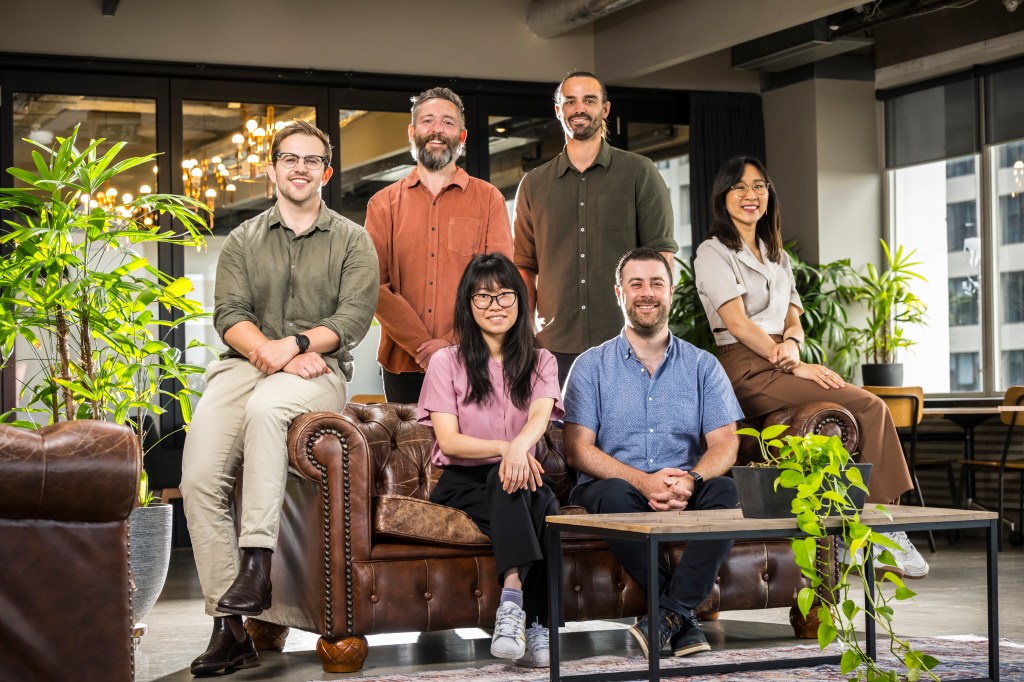
Proxima Bio
Description: Next-generation targeted medicine and surface cell-degrader
- Problem: Disease-causing proteins often lead to complex cases requiring advanced tools for timely and effective treatment. In Australia, chronic diseases account for approximately 89-92% of annual deaths, often linked to protein dysfunctions underlying conditions like diabetes and cancer. For example, more than 450 new cancer cases are diagnosed daily in the country, showcasing the urgency of early identification of molecular triggers for effective treatment
- Solution: Proxima Bio has developed next-generation medicines and surface cell-degraders (a type of therapy or drug designed to target specific proteins on the surface of a cell and break them down) By destroying these proteins, the therapy can stop harmful signals from the cell, making it less likely to grow, spread, or cause damage in the body – like cutting off a communication line that the disease uses to get worse. This can be used for cancers and autoimmune therapies like inflammation, arthritis and more.
- Impact: The Proxima Bio therapy is new and cutting edge and not many companies in this space are targeting this type of treatment. It will provide clinicians better, targeted, informed and equipped in developing treatment courses for cases.

Immunosis
Description: Unlocking an immunity blueprint
- Problem: Autoimmune diseases (such as thyroiditis, rheumatoid arthritis, and diabetes) include a broad range of over 80 related disorders that vary from common to rare. They affect around one in ten people globally and are one of the most significant chronic health problems in Australia and New Zealand.
- Solution: The Immunosis diagnostic test, PrimDx, uses a genomic algorithm to predict primary immunodeficiency (PID) with 93% accuracy, addressing a gap in the early diagnosis of immune disorders. It also provides personalised insights into immune pathway dysfunctions, offering clinicians a tool to guide targeted therapies and improve treatment outcomes
- Impact: The adoption of PrimDx by clinicians could revolutionise the diagnosis and management of autoimmune diseases by enabling early and accurate detection with 90% precision. This could significantly reduce chronic immune disorders, improve patient outcomes through personalised therapies, and alleviate pressures on healthcare systems globally.

Pacalis Therapeutics
Description: Breakthrough, transformative drug treatment for mental health
- Problem: According to the WHO, one in eight people live with a mental health condition and in Australia, 4.3 million people aged 16–85 (22% of the population) have experienced a mental disorder in the past 12 months. Many of these individuals face limited treatment options or challenges in accessing personalized, effective therapies.
- Solution: Pacalis Therapeutics uses intellectual property developed at Monash University to develop a novel, targeted agonist designed for the serotonin receptor. They are addressing limitations in current treatments by offering a highly specific therapy that targets the underlying mechanisms of mental health conditions such as depression and PTSD. By focusing on precision medicine, Pacalis aims to enhance efficacy and reduce side effects, bridging a critical gap in mental health care.
- Impact: Pacalis Therapeutics could transform mental health treatment in Australia by improving outcomes and personalization of therapy in a way that could significantly alleviate strain on Australia’s healthcare system, while enabling earlier interventions and better long-term management for mental health disorders.
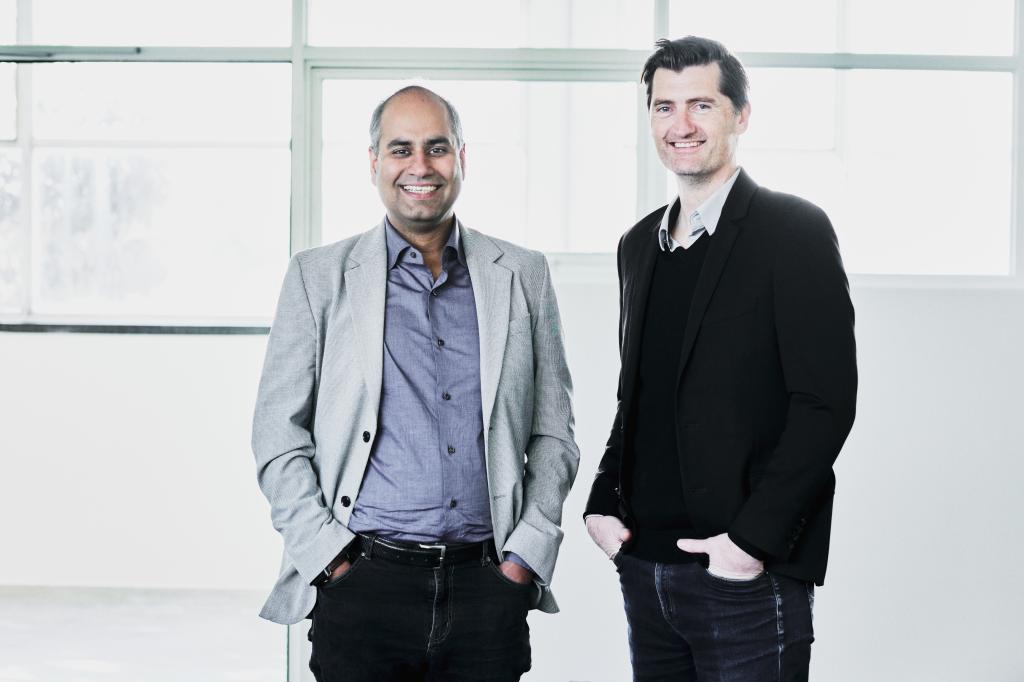
Nutromics
Description: A wearable DNA-based microneedle sensor
- Problem: Limited access to real-time and continuous diagnostic tools often delays treatment decisions for critical conditions like sepsis and kidney injury, which affect many Australians each year and lead to significant healthcare challenges. A lack of timely and continuous diagnostic insights can strongly impact outcomes when dealing with critical disease states
- Solution: Nutromics has developed a wearable DNA sensor that provides clinicians and patients with continuous and real-time diagnostics information ranging from hard-to-dose drugs, like vancomycin, to biological markers for conditions such as kidney disease. No one also on the market is doing this right now.
- Impact: Nutromics can help empower patients and healthcare providers with real time, actionable insights. It will help with early health intervention as they will be able to provide real time data on dosage and how antibiotics/medicines are working in the body which will allow doctors to provide truly personalised care.
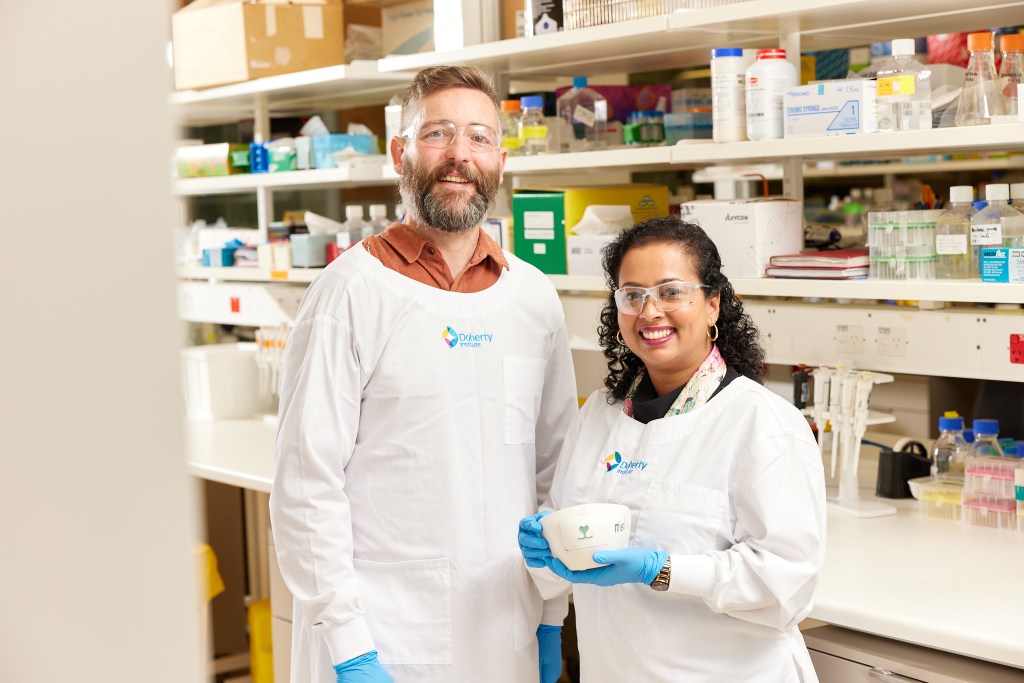
Misti
Description: Easy-to-use, at-home respiratory device for children
- Problem: Respiratory illnesses are one of the leading causes of hospitalisation among Australian children, with asthma affecting approximately 10% of boys and 6% of girls under 15. In 2022–23, there were over 31,000 hospitalizations for asthma, significantly impacting families and the healthcare system. Right now, there is not an easy, over the counter solution to give kids aerosol medications.
- Solution: Misti has developed compact, sustainably-designed, safe-for-home use nebulisers and lung delivery platforms to provide children quick relief from respiratory discomfort and reducing the need for hospital visits.They are the first to deliver a simplistic, family-friendly way to deliver medications that is agreeable for children and hassle free.
- Impact: By enabling effective at-home treatment, Misti’s devices can decrease hospital visits and associated healthcare costs, while empowering parents to manage their children’s respiratory conditions more confidently and conveniently. Their technology has the potential to deliver other types of medication in aerosol format.
Look back on the week that was with hand-picked articles from Australia and around the world. Sign up to the Forbes Australia newsletter here or become a member here.
